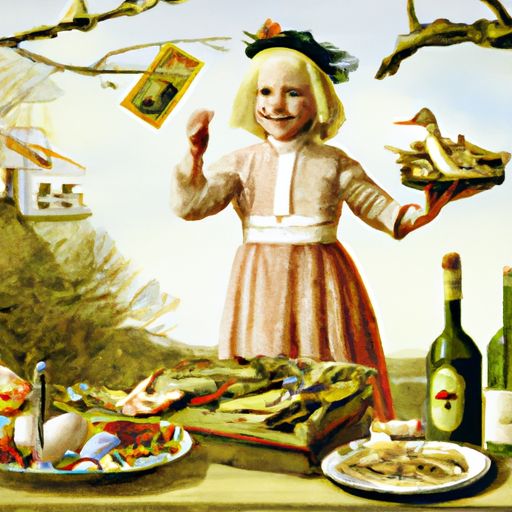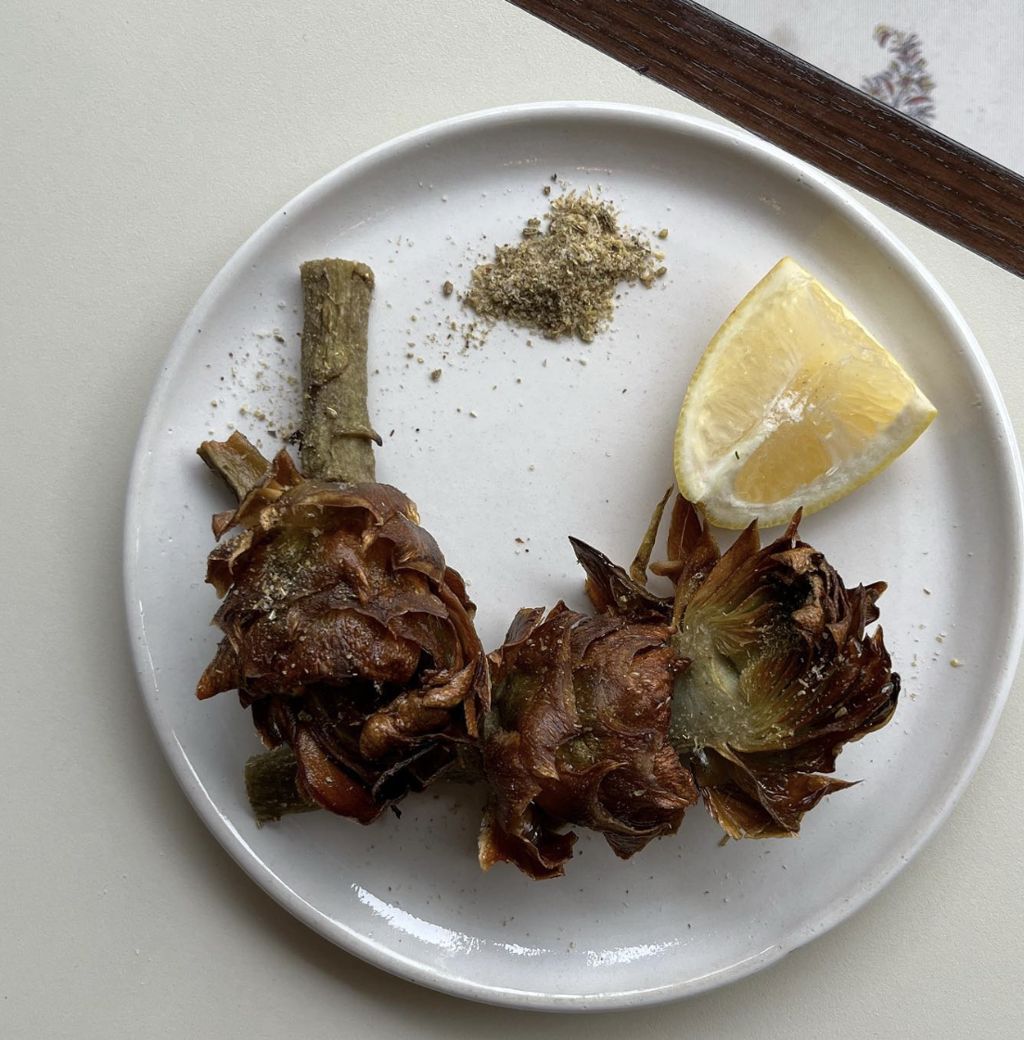Easter is a festival that is celebrated with great zeal and enthusiasm around the world. However, its traditions, symbols, and delicacies vary from country to country, making it a truly unique and unparalleled experience. From the red egg crack in Bulgaria to the flying bells in France, each country celebrates Easter uniquely.
A Culinary Journey through Easter Celebrations
One of the most exciting aspects of Easter is the diverse range of culinary traditions followed worldwide. For example, Mazanec, a yeast-raised cake filled with almonds, raisins, and citron, is a popular Easter delicacy in the Czech Republic. In Romania, Pasca, a steak and egg dish, is blessed and eaten at mass after Great Friday. Bulgarian Easter traditions include the “good luck crack,” where people tap their dyed red eggs against the church wall, with the last person having an unbroken egg receiving good luck for the rest of the year.
In France, the flying bells symbolize the journey of the church bells to the Vatican on Good Friday. In Denmark, the tradition of Gækkebreve involves writing anonymous short poems or rhymes and signing them with dots corresponding to the number of letters in the sender’s name. The receiver must guess the sender’s identity and give them an egg after a particular time. Germany is famous for the Easter bunny and the Easter tree, while in Israel, Easter celebrations hold religious significance, with many processions and symbolic lighting of the city.
The Artistic and Symbolic Significance of Easter Celebrations
Easter celebrations are not just a time for feasting; they also hold great symbolic and artistic significance. In Sweden, children dress up as Easter witches, hoping to get sweets for presenting paintings and drawings. Swedish folklore tells us that during Easter, witches fly to Blåkulla to meet the devil. Homes in Sweden are decorated with birch twigs, feathers, and flowers. In Canada, Easter eggs are decorated, and families participate in Easter egg hunts, searching for hidden chocolate eggs in the garden.
In Poland, the “blessing basket” is a unique Easter tradition, where baskets filled with colored eggs, bread, cake, salt, pepper, and white-colored sausages are blessed in the church. People used to do this because they thought the forty-day fast before Easter, called “Great Lent,” wasn’t over until the basket was blessed.
The Global Significance of Easter Celebrations
The diversity of Easter celebrations around the world highlights the global significance of this festival. It is a time when traditions are shared, and cultures are celebrated. Each country’s unique Easter traditions and delicacies add to the global tapestry of this festival, making it a truly memorable and remarkable experience.
In conclusion, Easter is not just a religious festival; it is an opportunity to celebrate the rich diversity of our world. This festival’s traditions, symbols, and delicacies are unique to each country, making it an unparalleled experience. Easter is a time to come together, share our traditions, and appreciate the beauty of our diverse world.












